Celebrating 10 years of International Snow Leopard Day
October 23, 2023
October 23, 2023
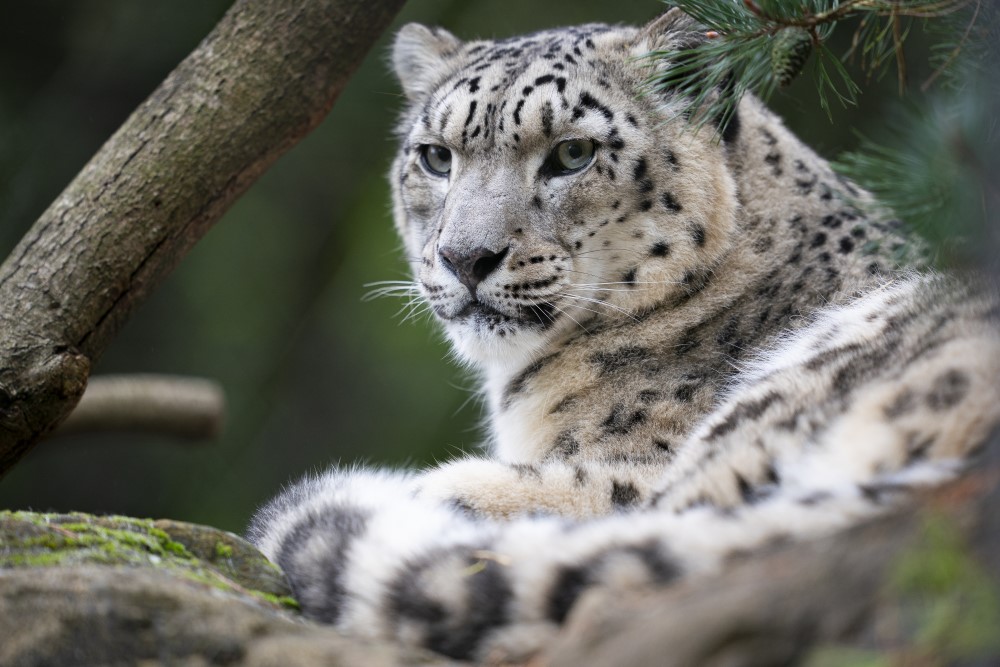
We’re celebrating 10 years of International Snow Leopard Day and a decade of efforts to safeguard one of the world’s most elusive threatened big cats.
Known as the “Ghost of the Mountains” snow leopards live amongst the rugged landscapes of Central and South Asia and their conservation has never been more critical.
In 2013, the Global Snow Leopard and Ecosystem Protection Program (GSLEP) was set up to bring 12 snow leopard range countries together.
The aim of the initiative was to seek agreement to secure the long-term survival of snow leopards and their natural environment and consequently the natural balance of these mountain ecosystems.
It is estimated that up to 7,500 snow leopards remain in the wild, but the exact number is unknown.
As an apex predator at the top of their food chain, human activities pose serious threats to snow leopards and their habitat.
Primary challenges include habitat loss, poaching, climate change, and human-wildlife conflict. Their skins are used for rugs and luxury décor and their bones are used in traditional medicines.
Today Marwell is proud to work on initiatives to safeguard the future of snow leopards in China, Kazakstan and Bhutan as well as transboundary projects working collaboratively across international borders to protect the future of snow leopards.
Engaging with local communities is at the heart of our snow leopard conservation efforts. We provide training so that local people can research and monitor animals, understanding their behaviours and specific needs.
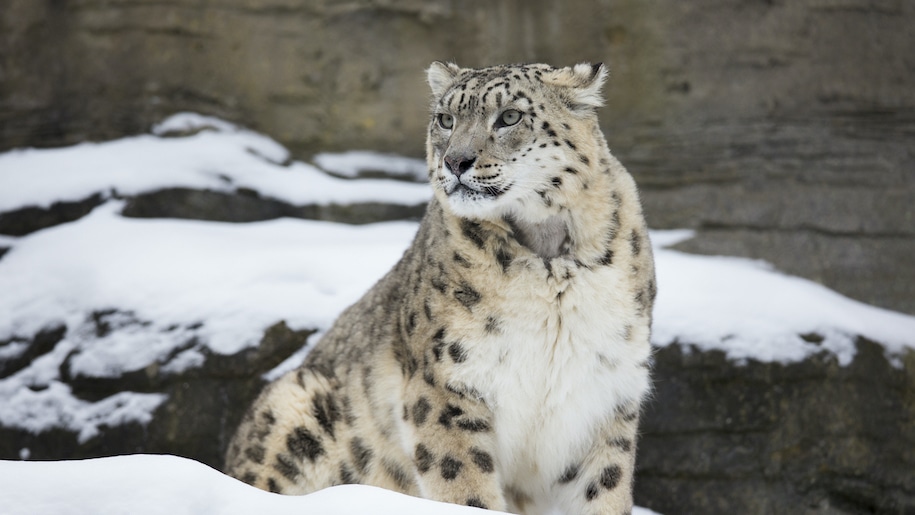
Marwell’s Director of Conservation, Professor Philip Riordan was one of the founders of GSLEP and he has worked with snow leopards in their natural habitats for 17 years.
He said: “I think now with the work we’ve been doing and the work our teams in snow leopard range states have put in place, the awareness and understanding we have about snow leopards does give me confidence we are not going to lose a species by accident, which could have been the case.
“The fact we’re able to support and develop local conservationists in communities living with these majestic creatures is going to provide us with the ability to protect snow leopards, other species and their ecosystems. Without their involvement, we are always going to struggle to make positive impact.”
We have launched a campaign to raise £20,000 towards an exciting new extension to our existing snow leopard habitat at Marwell Zoo. The work will double the size of our snow leopard’s home and enable us to consider breeding or housing a family group in the future.
Donate now to support our snow leopard conservation work at Marwell and help fund this important habitat extension: Support Marwell Wildlife (JustGiving.com)
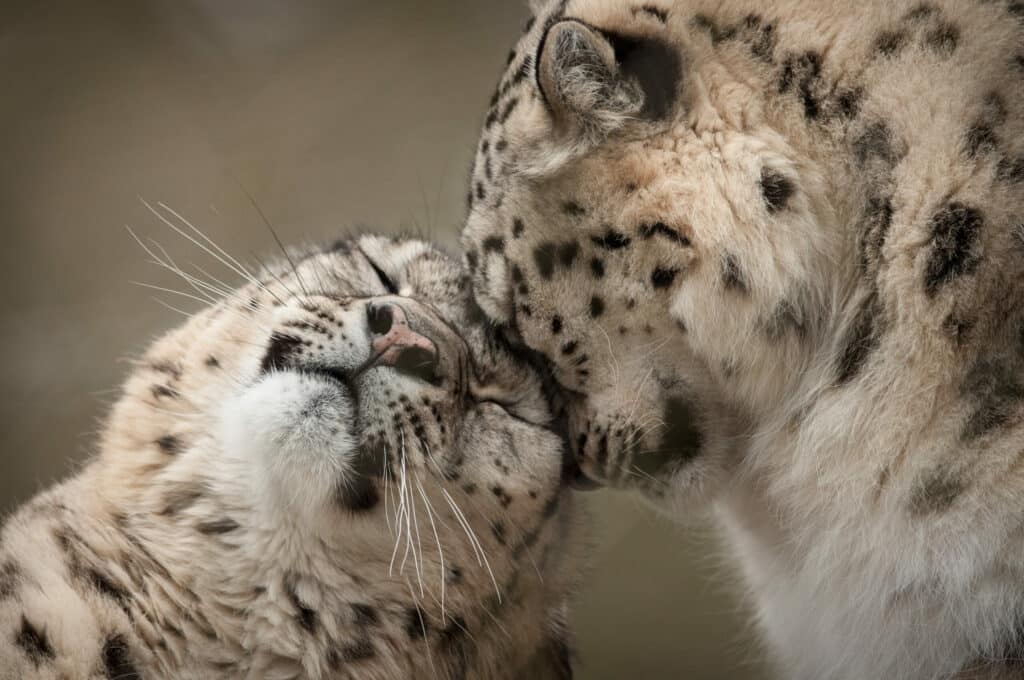
With snow leopards living in a number of countries, the key to their survival is collaboration. Our team works with a host of partners to understand snow leopard movements and identify safe corridors so they are not restricted when they travel between countries.
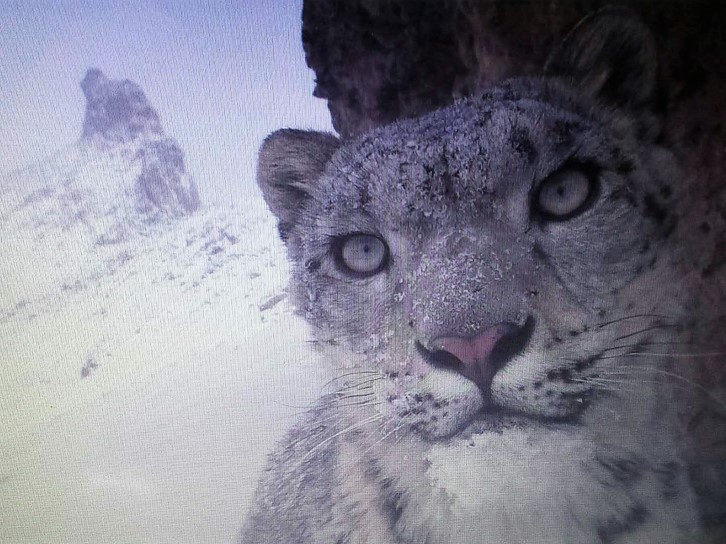
Through our continued work in China and engagement with both the government and local wildlife teams, we have seen a dramatic increase in awareness and conservation efforts.
Marwell’s conservationists have delivered field-based training on setting up camera traps, using tracking collars, forming genetics laboratories and identifying snow leopards from their unique coat patterns.
With this support, China, which is home to around 60 per cent of the global snow leopard population, is now establishing itself as the principal guardian of this emblematic species.
There are now more than 30 NGOs working on snow leopards in China alone and our team advised national and local government on protected area management, including the Qilianshan Nature Reserve, establishing a protected area for snow leopards and the water security for people living in desert communities that comes by protecting mountain ecosystems.
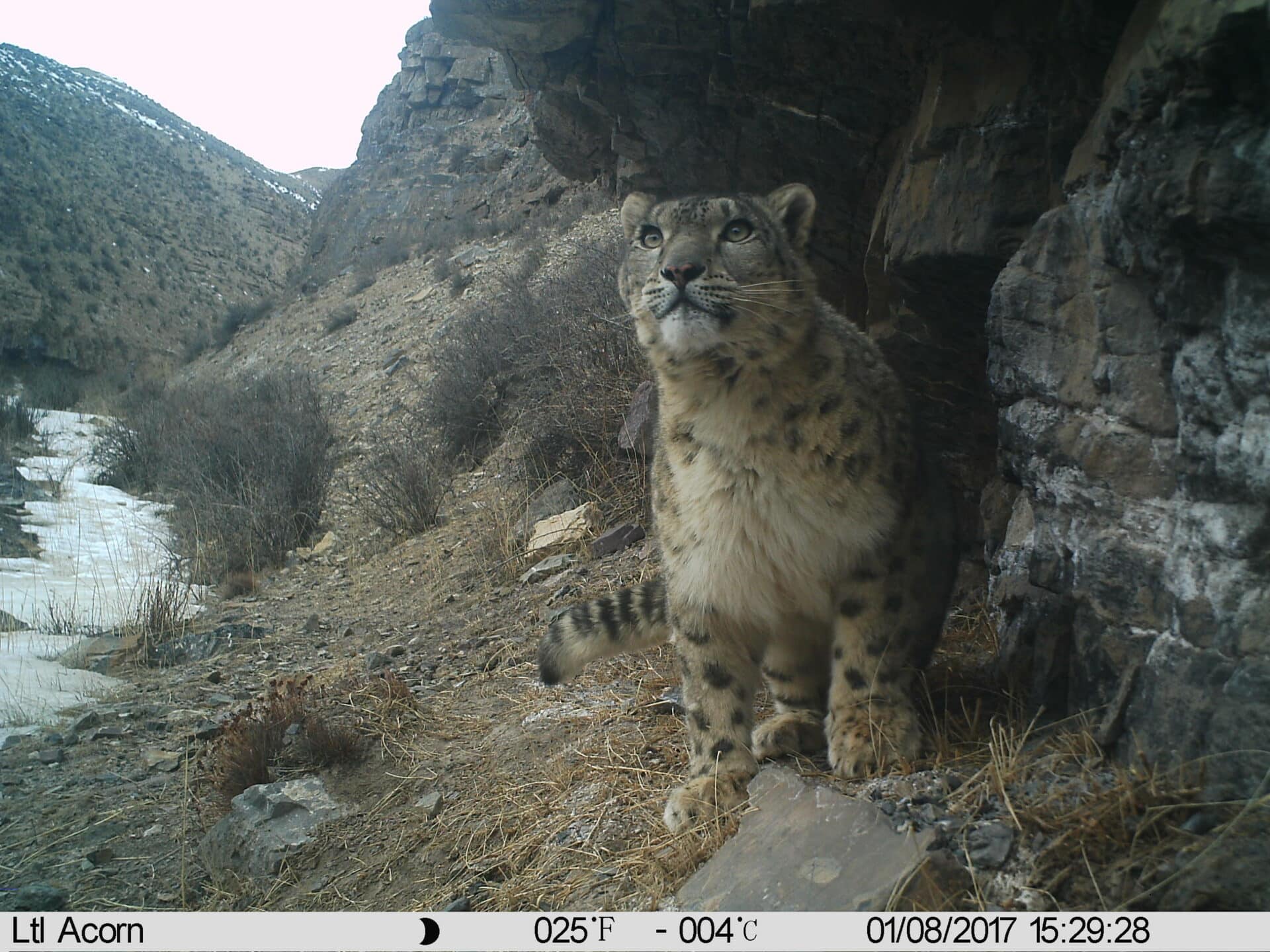
We support teams working to protect snow leopards living in and around Almaty, the largest megacity in Kazakhstan with almost two million people.
The city is set at the junction of the Trans-lli Alatau and Tienshan mountains, an area vital for snow leopard population connectivity, and has rapidly grown to encroach into snow leopard habitats.
As a result, research shows that of the 160 snow leopards that live in Kazakhstan, 25 are living within 30km of the city and at least five are actually living in the city itself.
Our partners at Wildlife Without Borders Kazakhstan started awareness campaigns with local citizens, informing locals about the snow leopards living on their doorsteps.
This included producing information materials in Kazakh and Russian which were distributed among city leaders and residents.
The campaign has helped to inform decisions regarding future developments encroaching into natural areas and helps ensure snow leopards can continue to live peacefully in and around Almaty.
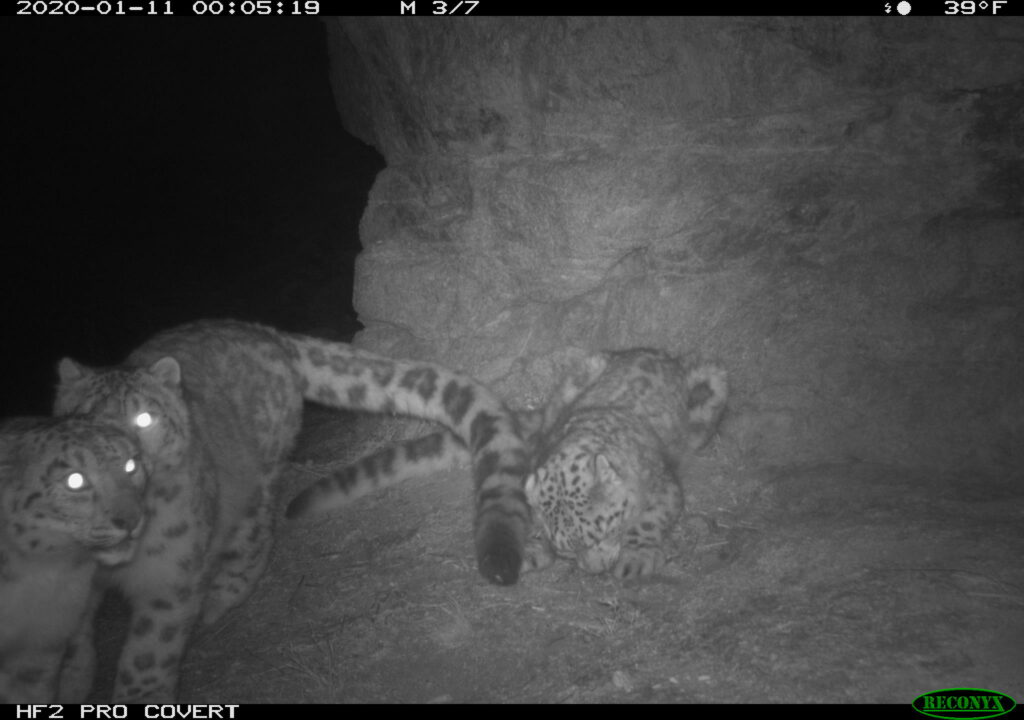
This year Marwell launched a pioneering conservation project to help safeguard the future of endangered tigers in Bhutan.
Buddhist scholars and conservationists are working together to reconnect people with their history, traditions and shared experiences with tigers, but also snow leopards and common leopards who uniquely share the habitat in this region of the Himalayas, exacerbating the challenges for local livestock-herding communities.
We anticipate the importance of Buddhism and traditional appreciation of nature can provide a model for modern big cat conservation, with wider applications across the region and for other species.